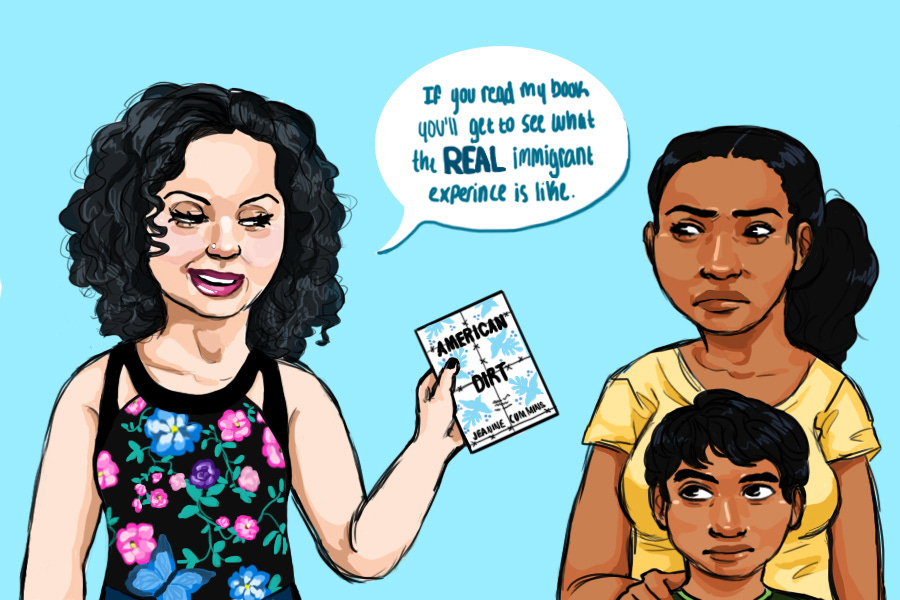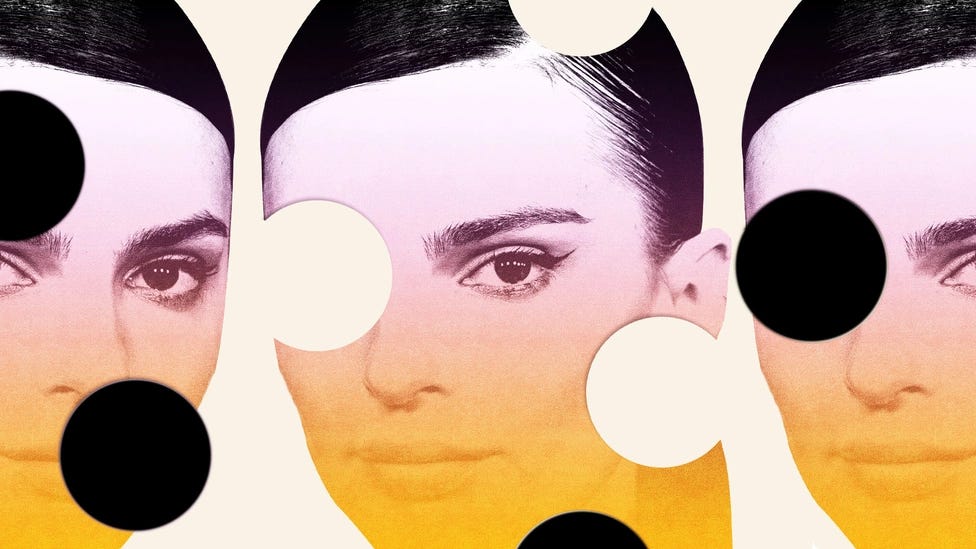
Hello and happy Sunday!
Find this week’s music at the link below:
On Billy Summers
This week I re-immersed myself in Billy Summers, Stephen King’s newest novel. I preordered it when it came out and started it right then, but just as books know how to find you when you need them most, I felt like there were other ones out there at the time that wanted my attention. How’s that for devolving the responsibility to books instead of my own little brain?
It’s been good, though. The cold weather, the shorter days, the lack of other options in terms of places to be and people to meet - all of them combined brought me closer to my books. In this case, to this particular book.
I’m 80% through the book, and the thought that I have to interrupt it to start our book club pick is galling. Just when it was all coming together, and Billy Summers was ready to save the day, too.
There have been many opinions about this book, obviously. Some have said it might be his best book ever. I’m not too fond of absolutes like that, no matter how much I love SK’s writing, and I personally wouldn’t put it as high as that. I will admit he does some things in it which I found little patience for. It might be the reason why I shelved it for a few weeks before I picked it up again: his main character decides to write his own book, and you have entire chapters included in the story while you’re with the character who’s typing on his MacBook Pro (always mentioned by its full name, too).
Towards the end of the book, there’s less of it, and he just goes on to let the character narrate what happened next without giving us the text of the actual autobiography. I wonder if it’s because SK himself thought it slows the story down, or that was the plan all along.
I can say that it’s coming together nicely, and Stephen King’s ability to conjure up believable characters who do extraordinary things will never cease to amaze me.
My reader’s ambition is to read all his novels, but I’m taking my time with that because I’m afraid of succeeding in doing just that. Then I won’t have anything of his left to read, and I’ll have to reread them, and I’m not an active rereader.

Is culture appropriation the death of imagination?
I first heard about American Dirt when it came out last year, and, as with any book that grabs my attention, I then purposefully kept away from it: the less I know about a book, the more I feel I can enjoy its freshness when I do read it.
I found it in a bookstore and bought it, knowing that it was Oprah’s pick for her book club in February and thinking that I’ve read enough about it that I’m curious to read it. What sold me to it was seeing it on a list together with Where the Crawdads Sing which I loved, so I knew I had to put it on my TBR list pronto.
It was only this past week that I became aware of the controversy that surrounds the book’s release, the backlash that the author received for it, the negative reactions that Oprah’s Book Club received for having picked it and sticking with it:
And I came across all this because I was reading an interview with Myriam Gurba, where she was described as follows:
Writer and educator Myriam Gurba may be best known for her epic takedown of Jeanine Cummins’ American Dirt, a misguided work of “social justice” wherein the author, a self-described white woman, attempts to step into the shoes of a Mexican refugee. The results are unintentionally hilarious and offensive at the same time, the premise unbelievable. Gurba, who was initially commissioned to write a review of American Dirt for Ms. Magazine, eventually wrote about it, as well as her experience of being told her review was too much for Ms., for Tropics of Meta.
The Writer magazine, The YA Issue, January 2022
Right off the bat, I have to say I appreciate Oprah’s reaction and stance through all this: “I fundamentally, fundamentally believe in the right of anyone to use their imagination and their skills to tell stories. If one author, I felt, one writer is silenced, we’re all in danger of the same.”
She then invited a panel of Latino writers to discuss the entire thing, while Jeanine Cummins was also there! :Dana grabs Apple TV remote and subscription! I want to know how that went down, and I have to appreciate anyone who admits their own limitations, especially post factum.
I believe the conversation is very broad around what happened here. I subscribe to what Tanya Perez Brennan says in the video above: no one should be attacking the author for her identity.
There have been voices (starting from the original article by Myriam Gurba) coming out of this who have dug up an interview that the author gave, where she stated her identity as white.
Cummins wrote in a 2015 New York Times op-ed. “What I mean is, I really don’t want to write about race…I am white… I’ll never know the impotent rage of being profiled or encounter institutionalized hurdles to success because of my skin or hair or name.”
After the release of her novel, though, she came out to say she identifies as Latinx now, as she has a Puerto Rican grandmother.
And out comes another downpour of criticism because of this.
I have yet to read the novel (oh, I am curious now!), but if we can’t accept that people can change and evolve, and even change their identity if that’s where life takes them, I think we’re doomed. I cringe when I think back on some of the things I believed or said in my tweens. And I am glad we didn’t have something as eternal as the Internet to record everything and forever hold against someone.
Speaking of Apple TV plus, and totally unrelated to books, I’ve been watching The Morning Show where this seems to be the main theme: whether people can change, evolve, admit their mistakes, own up to them, apologise. I am noticing that I prefer complexities to characters in my more seasoned years, and I realise human nature is multicoloured. And if an author is not capable, as a person, of shifting between those colours, how can they be expected to create complex narratives and compelling stories?
To be continued.
Speaking of blurred lines
I consider myself a highly musical person. Whenever there is music, I can’t ignore it, and whenever there are lyrics, I listen. When the music is in a language I don’t speak, I look up the lyrics and translate them because I need to know how the melody and the lyrics work together.
In a world of high volumes of music streaming and poorly written lyrics, you can imagine how I squirm and recur to the comfort of the music I know and appreciate already.
When Blurred Lines came out in 2013, I was heavily disappointed first off because the lyrics were enraging to anyone with even mild feminist beliefs. Secondly, because I really liked Pharrell and wanted to continue liking him. I was also aware of Robin Thicke and put him on the same level as John Mayer for a while; it turns out he really had been acting like a despicable human being for most of the height of his career. Thirdly, because the song is a complete ripoff of this awesome gem from Marvin Gaye. In the meantime, the artists were sued for the rights on the track and had to pay a $5m fine.
The video for the song was very bold, featuring a model whose face even I could have recognised anywhere after watching it once.
This week, Emily Ratajkowski, the model in question, released a book called My Body, and she appeared on Trevor Noah’s Daily Show to talk about it.
I can’t say I will read it, but I like that she’s speaking out.
This New Yorker article probably gives a good idea of what the book is like.
If you want to buy me a coffee to fuel my energy, here’s a link.
Our next book is Nancy Mitford’s Pursuit of Love.
The book discussion will happen on November 17th at this link.




